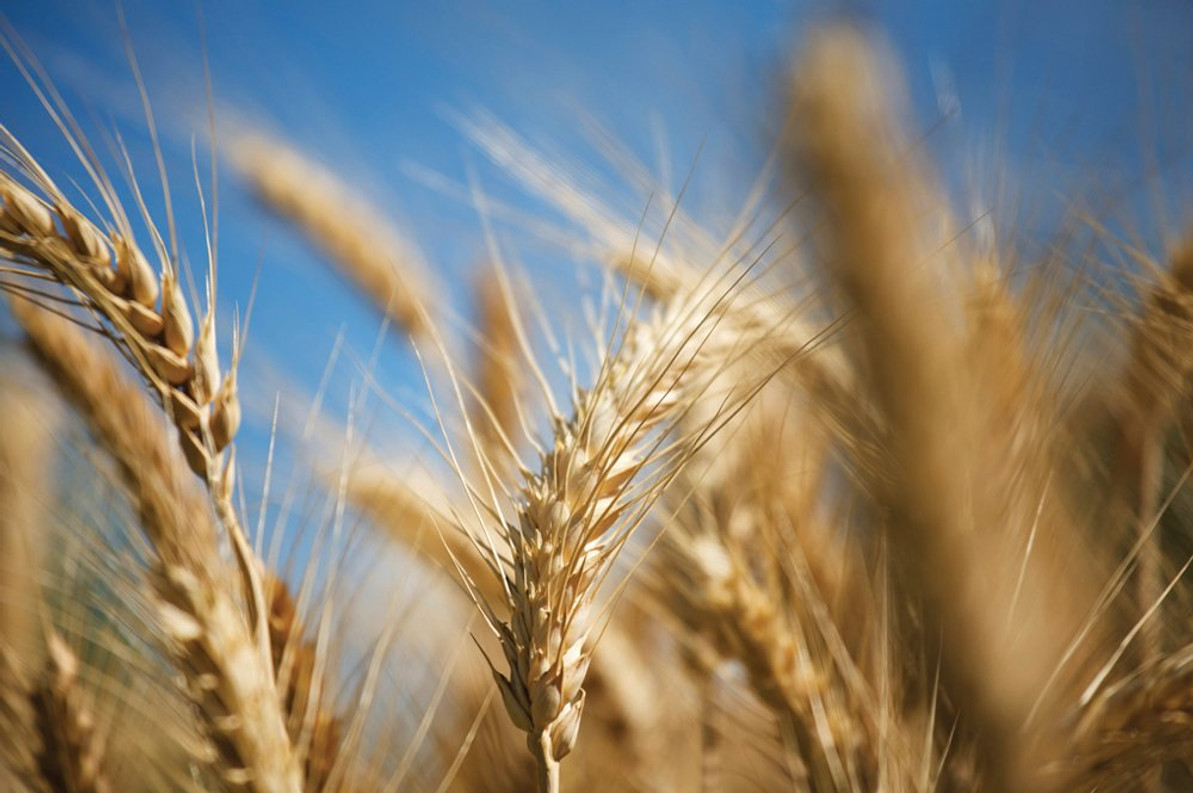Barley Prices To Be Impacted Due To Ukraine conflict
The ongoing conflict in Ukraine could lead to surging barley prices, according to a United Breweries spokesperson speaking to industry news outlet, BusinessLine. Increases could add to already sky-high inflation resulting from the COVID-19 pandemic, government borrowing and supply chain disruption. Prices of beer and international whiskeys are, therefore, likely to rise further.
Ukraine accounts for roughly 20 percent of the world’s barley production, with much of its output being used to produce liquor. With the country in conflict, the price will start to rise. If Ukrainians are unable to sow the barley crop for next year or ship current stock stored in silos, then futures will go up and prices paid by consumers will increase next season.
Large companies are already looking for ways to reduce the impact of the conflict. United Breweries, for instance, is attempting to mitigate the effects of the Russian military action through a combination of sensible price increases, cost control, supply chain optimization and productivity improvements. Already, there are conversations between brewers and state governments about how they can improve conditions for producers to shield consumers from large price rises.
Other grains, such as wheat, have also seen tremendous increases in price since the Ukraine offensive began on February 23. Before the conflict, prices were hovering around $7.50 per bushel (already higher than the historical average), but have since spiked to more than $12.94, a rise of more than 70 percent in a month according to the Chicago Board of Trade.
Both Russia and Ukraine are both large barley supplies. The former is responsible for around 18.0 million tonnes and the latter for 9.4 million tonnes of the global total of 147 million tonnes. The EU is a large producer, producing more than 52 million tonnes annually, but it does not have a large surplus, unlike Russia. Canada could potentially increase barley production, but it may take farmers several years to adjust to the supply shock, if it is permanent.
Some liquor companies are attempting to sidestep higher prices by using other grains. Beer companies, for instance, might begin marketing beers made from hops or other fermentable material.
However, because Ukraine is the “breadbasket” of the world, substitutions may be difficult to come by. Despite being relatively small in terms of land area, Ukraine is responsible for 16 percent of the world’s corn output, meaning switching to different ingredients in whiskey mash may be challenging. Corn prices are likely to go up alongside wheat.
There are other considerations too. Shipping from the Black Sea is likely to become more expensive over the coming months as the dangers increase. The price of shifting a 40-foot container from the port of Odessa has risen from just $10,000 before the conflict to more than $40,000.
Glen Breton gets its barley from Western Canada, so Ukraine supply issues shouldn’t cause direct problems. However, if global prices rise, so too will local barley prices, and that could affect the price of whiskey in the future.
Recent Posts
-
The Ultimate Lakeside Labour Day with Glen Breton Single Malt Whisky
The Perfect Long Weekend by the Lake with Glen Breton Single Malt Whisky As the final long weekend …2025 Aug 12th -
2023 L.A. Spirits Awards Glen Breton Rare 19 Year Old as Best North American Single Malt
Glenora Distillery, the celebrated Canadian distillery nestled in the captivating Cape Breton Highla …2023 Dec 11th -
Glen Breton Single Malt Whisky Celebrates a Triple Win at the Prestigious Whiskies of the World Awards
Summary: Glen Breton Single Malt Whisky, a renowned name in the world of fine spirits, has achieved …2023 Nov 27th



